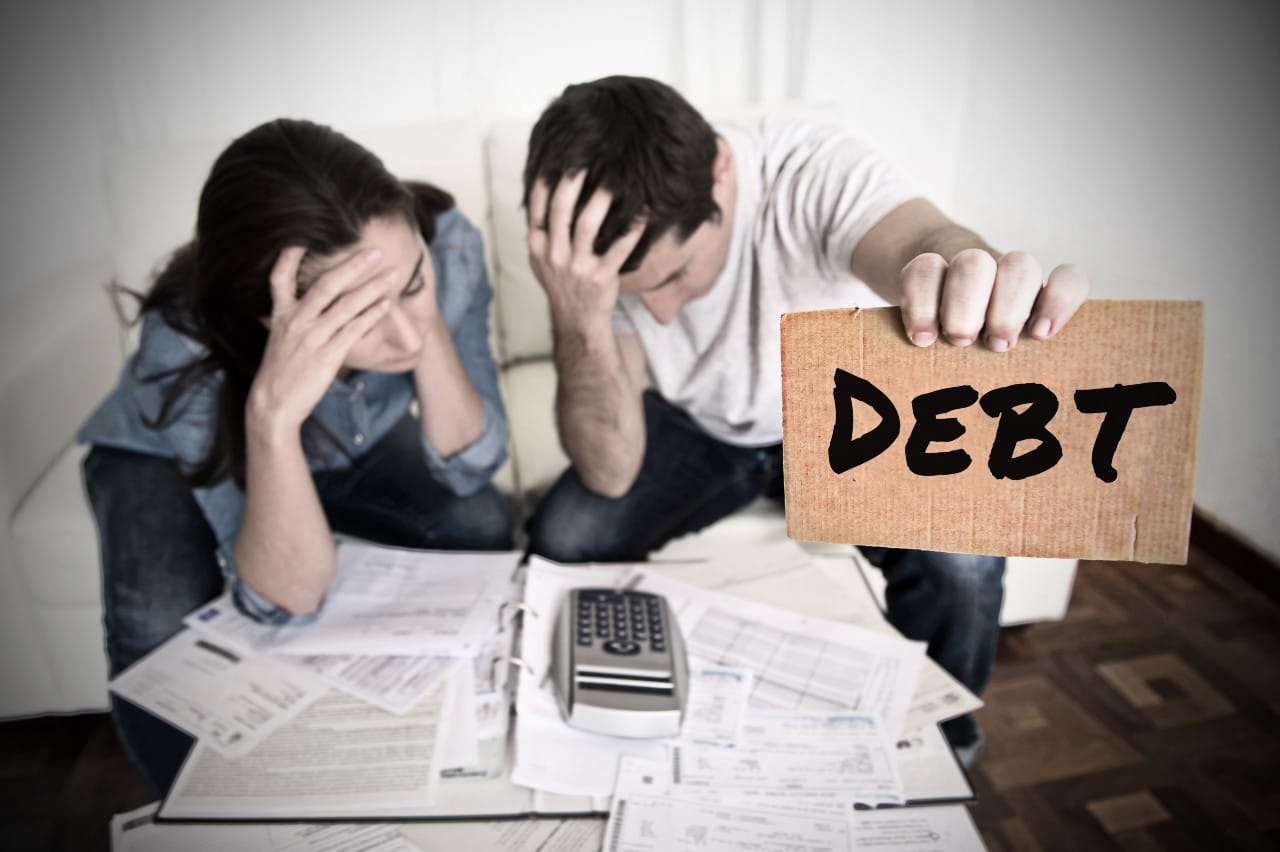You know how when you’re in a failing relationship you sometimes end up doing or saying things that you’d never do normally? Being in debt can trigger a similar reaction, and that feeling of being crushed under the weight of your debt is enough to make anyone start thinking and acting a bit irrationally.
Debt often piles up after an unexpected job loss. Losing one’s job can be very depressing, and some people respond by becoming very introspective, questioning their value, their experience, and their ability to find another job.
In a difficult economy, facing constant rejection from job applications may serve to solidify these doubts.
Whether it was a job loss, bad spending habits, or whatever else, not having enough money to support your family and pay down your debts will consume every part of your life and is incredibly difficult to think positively about.
Looking For Quick-Wins
With this much uncertainty surrounding your income, it’s common to start thinking about quick wins. These are typically get-cash-quick ideas like selling that baseball card collection from when you were a kid, reading about lottery-winning strategies, and gambling.
Whatever the outlet, it’s important to understand what’s really happening.
First off, there’s no system you can study to win the lottery, and your baseball cards will bring in much less money than you think or hope they will.
What you’re doing is distracting yourself from the real issue and postponing actually solving the problem.
It’s normal – that feeling of wanting to make SOMETHING work, but the time involved and potentially disastrous effects are going to hinder more than help.
Understanding The Signs
You need to save yourself from yourself. If you start thinking about get-rich-quick strategies, you have to be able to take a step back and think about the big picture.
If you’re in a relationship, talk to your partner about your strategy and how you’ll deal with what’s going on.
What You’re Really Scared Of
Debt is scary, but it’s not what’s really causing that feeling of terror. What you’re really scared about is not being in control. All of a sudden, banks and other creditors have control over your life. There’s no escape, no immediate solution, and no end in sight. You’re not in control, and it’s terrifying.
Take Back Control – Take Stock
Before you can actually deal with the numbers, you have to know what they are. Sit down and do an inventory of all your debts. Come up with a total number of how much you owe.
Set Some Goals
Your goal is to get back in control and pay off your debts. Your goals are not to win the lottery, get rich by getting involved in your cousin’s multi-level marketing company, or take your last bit of savings and learn about penny-stock investing.
Make This A Priority
A lot of people find themselves so overwhelmed that they just try to ignore it. Stop that. Use your partner, close friend or financial advisor to keep a conversation going. Celebrate successes and plan out your strategy.
You won’t fix this overnight, but every step counts.
What’s Next?
We’ve talked before about budgeting, methods of paying off debt, and starting with an emergency fund to stop the problem from getting worse.
In some cases, debt consolidation may also help you get out of this. Consolidating your debts turns multiple loans into a single one, with a single, manageable monthly payment. If part of your stress and lack of progress stems from just not being able to stay on top of your debts, debt consolidation might be a helpful option.





